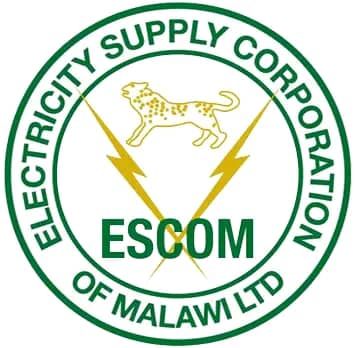News
Malawi’s prolonged blackouts signal deeper energy crisis amid continuing power outages

By Burnett Munthali
Malawi is currently experiencing massive blackouts across the country.
These power outages have become more than just an inconvenience—they have evolved into a daily struggle affecting millions of citizens, institutions, and businesses.
The blackouts are not only disruptive but also unpredictable, with no consistent schedule provided to the public by the Electricity Supply Corporation of Malawi (ESCOM).

In some areas, residents have gone for days without electricity, making it difficult for families to store food, students to study, and entrepreneurs to keep their businesses running.
As the country grapples with these persistent outages, it appears that the crisis is far from over.
Projections indicate that Malawi will continue to experience blackouts in the coming days, possibly even intensifying as supply continues to falter.
Experts and energy sector stakeholders have cited multiple causes for the worsening situation, including aging infrastructure, limited generation capacity, and low water levels affecting hydropower stations.
While ESCOM and the Electricity Generation Company (EGENCO) have issued statements attributing the problem to technical faults and natural conditions, the lack of timely and transparent communication has left the public frustrated and confused.
Many Malawians are questioning how the nation found itself in such an energy crisis after repeated government promises to stabilize power supply through new energy investments and regional partnerships.
Industrial productivity has slowed down in key sectors like manufacturing, hospitality, and agriculture, with some companies reporting losses due to interrupted production cycles and damaged machinery.
Hospitals and health centers, especially those in rural areas, are struggling to keep critical equipment running without consistent access to power.
Meanwhile, students preparing for national examinations are left in darkness, unable to study or access online resources.
The blackouts are also affecting digital communication and financial services, as mobile towers, ATMs, and point-of-sale systems frequently go offline.
Calls are growing louder for the government and energy authorities to provide a detailed recovery plan and fast-track the diversification of Malawi’s energy sources.
Solar energy, biomass, and regional energy trading have all been proposed as long-term solutions, but implementation has been slow.
Citizens are increasingly turning to alternative solutions like generators, inverters, and solar lamps, but these come at a high cost and are inaccessible to many low-income households.
The current state of affairs underscores the need for urgent reforms and strategic investments in the energy sector to ensure Malawi does not remain trapped in a cycle of darkness.
Unless swift action is taken, the power crisis threatens to reverse gains made in education, healthcare, economic development, and the overall quality of life for Malawians.
The blackout crisis is not just an energy issue—it is a national emergency that demands coordinated leadership, transparency, and decisive policy intervention.






